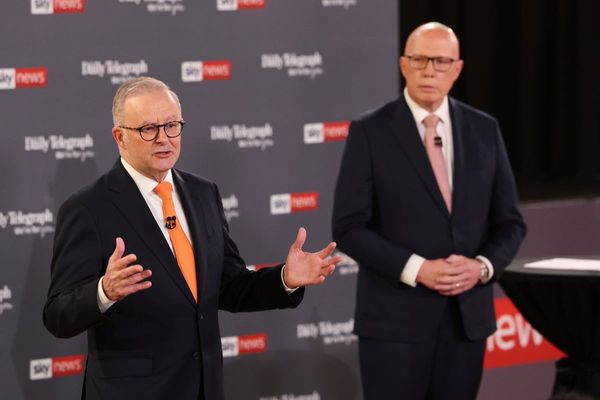
While it remains to be seen whether Tory opponents of Boris Johnson can generate enough MPs’ letters to trigger a confidence vote in the prime minister, let alone win one, it is clear that the parliamentary party contains a series of factions with their own gripes and wishes, some overlapping.
By no means do all of them actively want Johnson gone – at least not yet – but they do at least hope his current woes could prompt a No 10 reset in a direction they would like. Here is a brief guide to who is seeking what.
Singapore-on-Thames brigade

Grouping together the largely overlapping contingents of fervent Brexiters and low-tax, low-spend Tories, these MPs are frustrated that after departure from the EU Johnson has not fully seized what they believe are the opportunities for slashing regulations and focusing on growth through unfettered free enterprise. Often citing Singapore as an example – while ignoring elements of the city-state’s model such as mass social housing – they want the government shrunk and taxes cut. As a starting point they would like the imminent rise in national insurance cancelled. Steve Baker is a key proponent of this (and several other) issues.
Brexit ultras

Best represented by the European Research Group, which played a pivotal role in toppling Theresa May, these share many of the small-state views of the above, but with a particular focus on Brexit-related issues, particularly the impasse over Northern Ireland. They would like Johnson or his successor to trigger article 16 as a means to resetting the Irish border issue, and to take a combative line more generally with the EU. A key No 10 role for David Frost would be welcomed.
Lockdown opponents

Also largely represented by a formal and influential body – the Covid Recovery Group, headed by the former chief whip Mark Harper – these MPs will have been cheered by the announcement on Wednesday of government plans to phase out more or less every remaining pandemic rule in England over the next few weeks. However, they would still like more assurances from Johnson and from the health secretary, Sajid Javid, that such restrictions will never return.
Net zero sceptics

A group that often crystallises wider Tory worries over the cost of living, this increasingly influential contingent says the best way to reduce energy prices would be to not just remove VAT from bills but also green-based taxes, which pay for renewable energy schemes and the like. More widely, some such as Craig Mackinlay oppose targets for an end to conventionally powered cars and gas boilers, while some want investment in domestic gas and shale gas production.
The 2019 intake

By no means a unified or coherent group, not least because there are 107 MPs who first joined the Commons in the landslide Tory election win, 2019ers have nonetheless been at the centre of efforts to remove Johnson due to the party allegations, in the so-called pork pie putsch, named after the Rutland and Melton constituency of one member, Alicia Kearns. The motive appears to be largely that they feel let down and worry that the man who helped propel them into parliament is now electorally toxic. Some longer-standing Tory MPs say part of the rebellion is down to some 2019ers’ annoyance at missing out on promotion, but this is arguably a factor in most attempts to change prime ministers.
The culture warriors

Like the Brexiters, this contingent has probably got much of what it wanted out of Johnson. Such efforts are led by Munira Mirza, a key figure in No 10 policy, who has helped oversee initiatives including a report on racial disparities that largely dismissed structural factors, and a robust defence of the rights of statues. However, some want more, perhaps not least the Common Sense Group, led by the veteran MP John Hayes, which opposes what it calls “subversives” such as Extinction Rebellion and Black Lives Matter. Some of these MPs suspect Johnson remains an Islington liberal at heart, and might prefer someone such as Liz Truss.
The dislikers

The final group is the most disparate but is united by one thing: they have openly called for Johnson to step down. A handful, such as Caroline Nokes, are from the more obviously liberal wing of the party, and never had a huge amount of faith in Johnson. Others, such as Andrew Bridgen, are former supporters who have become disillusioned. Their policy ask is very simple: that he quits.







